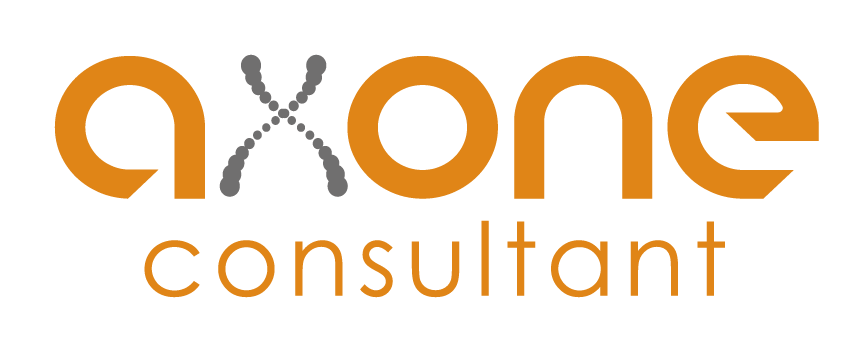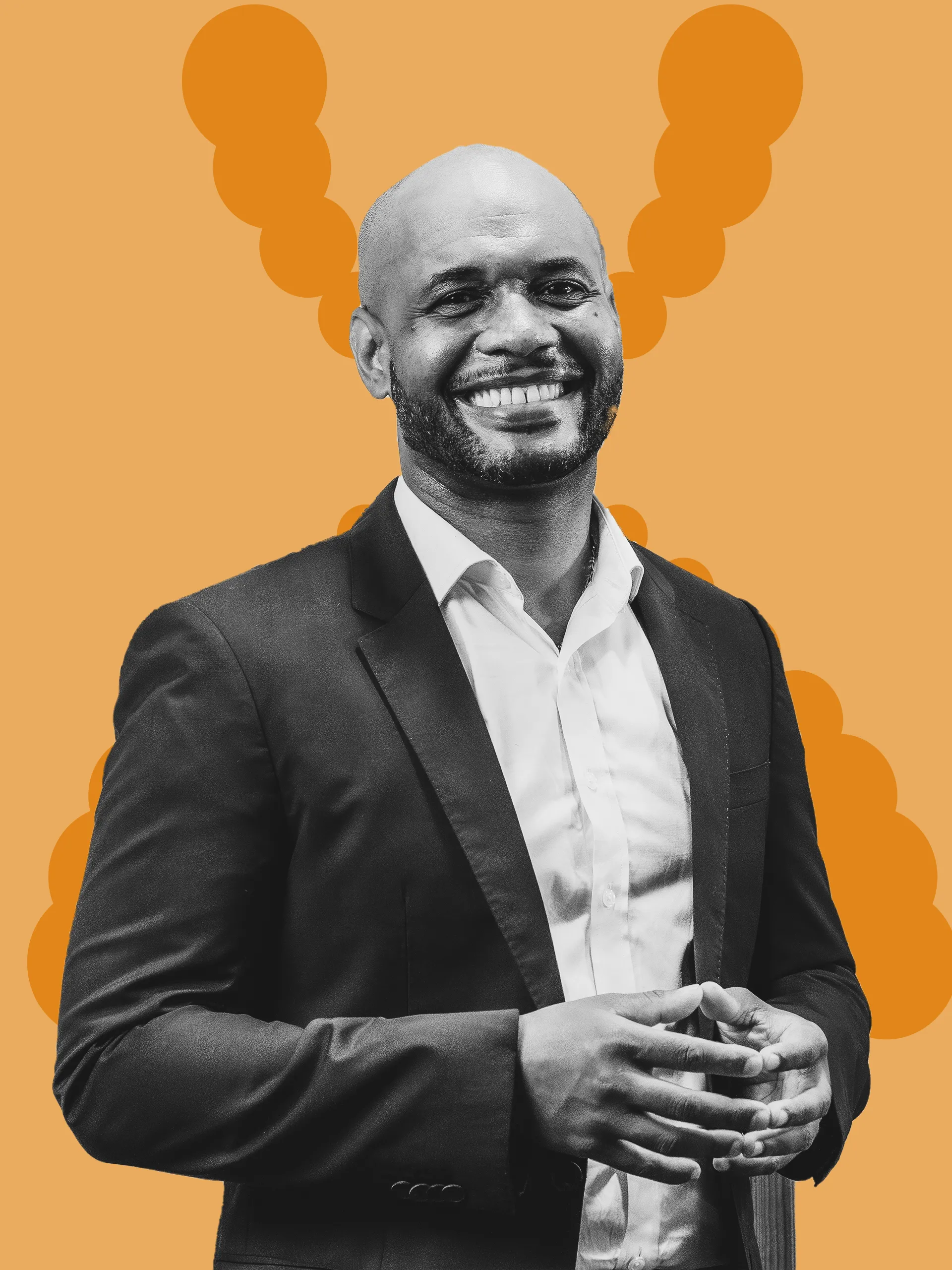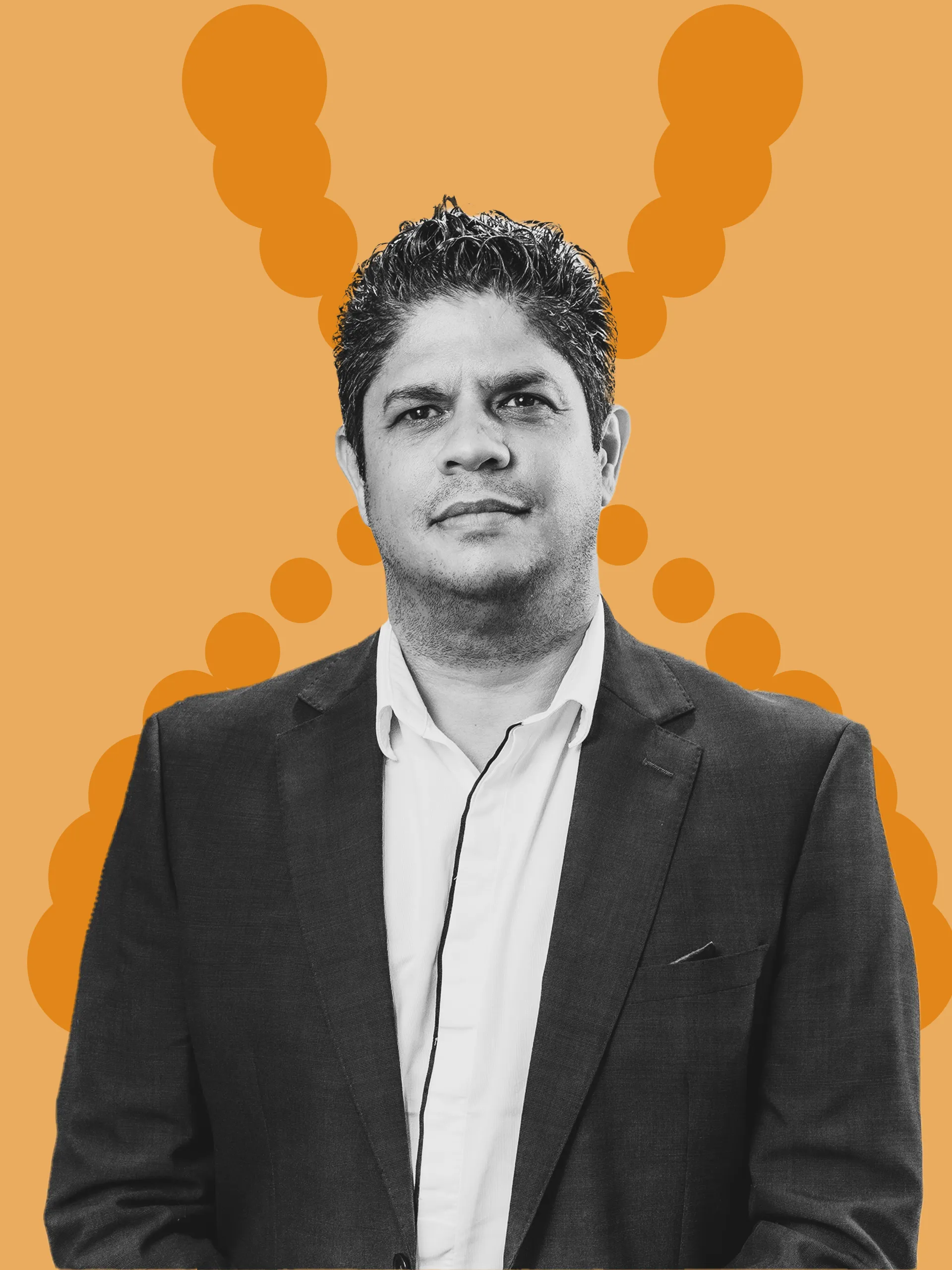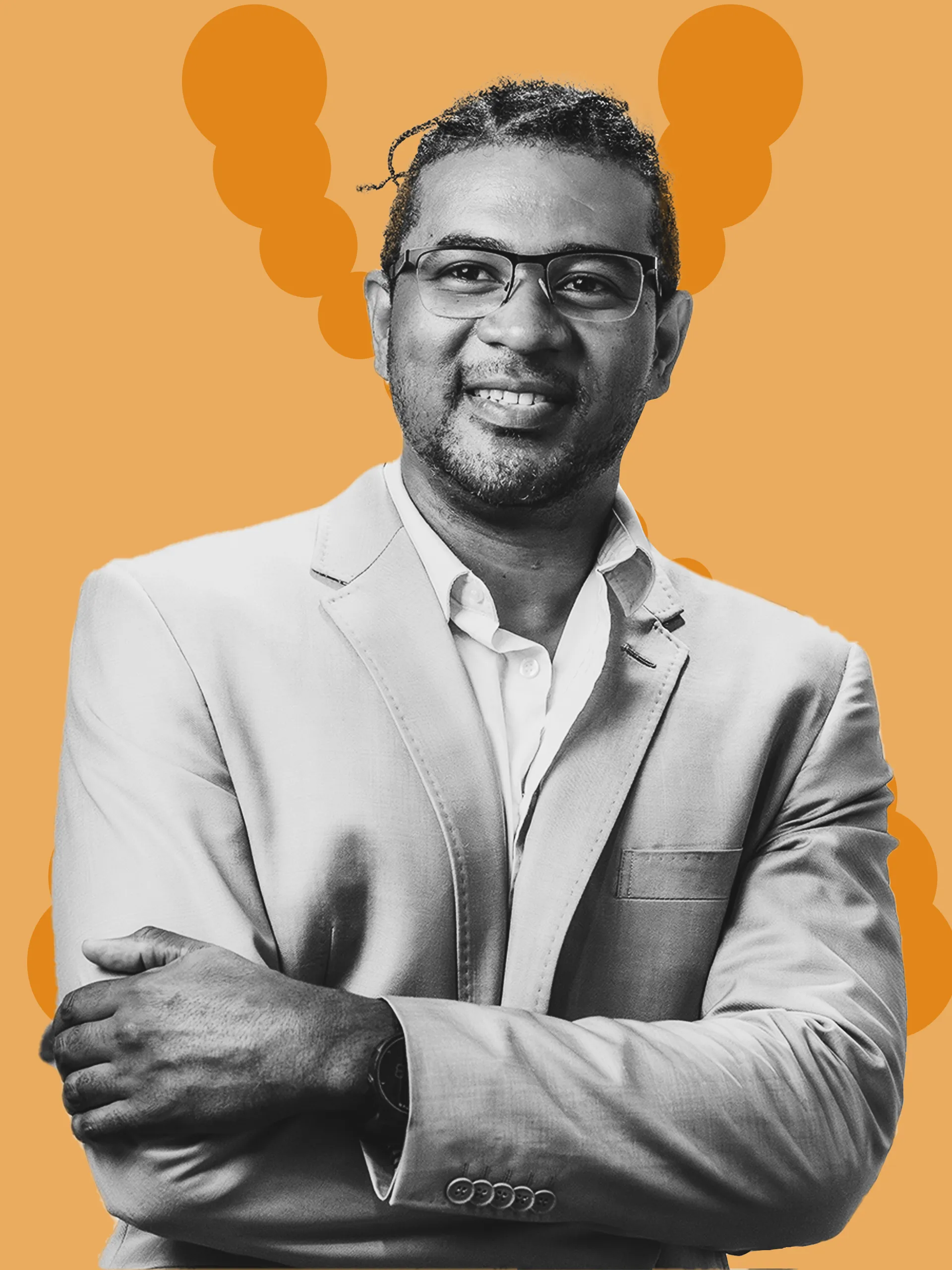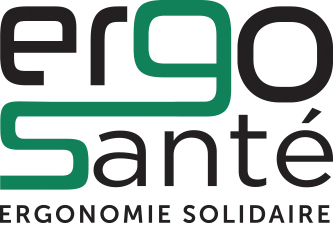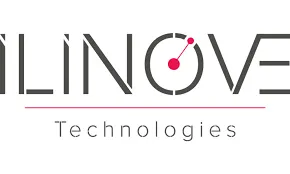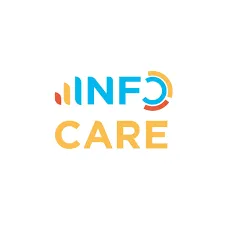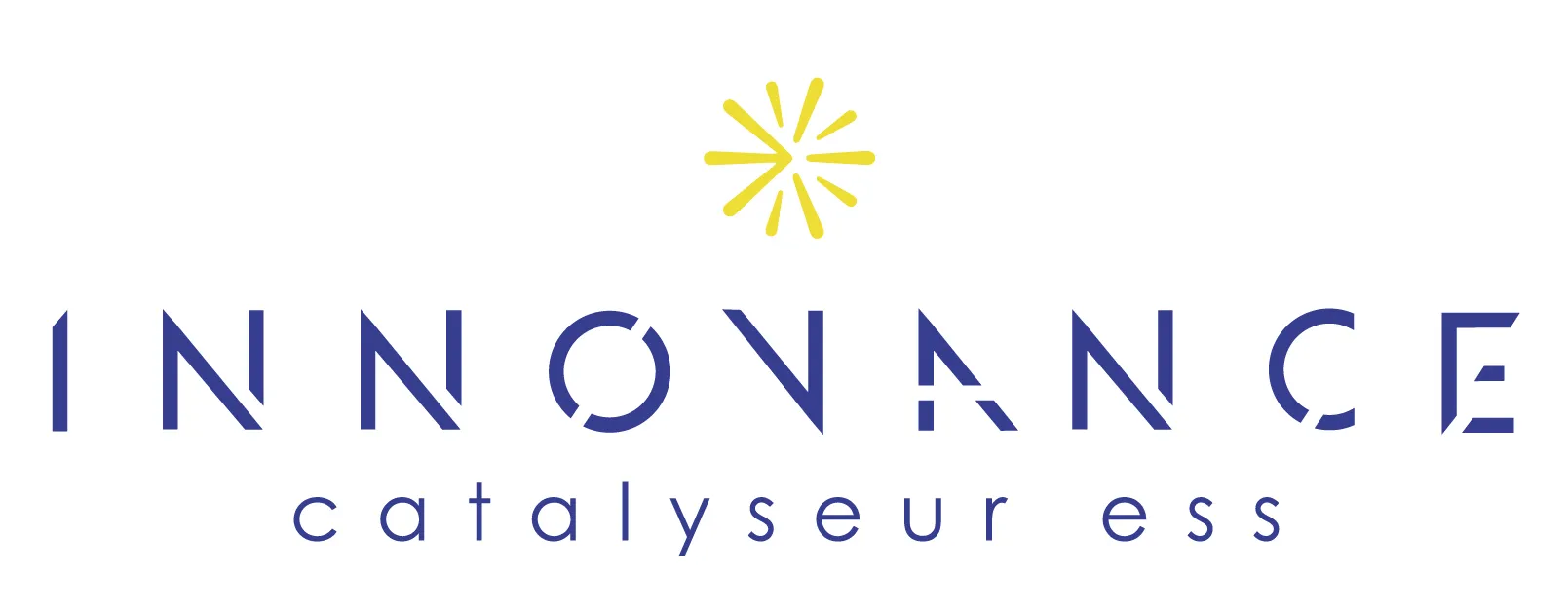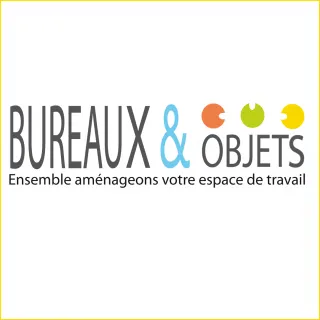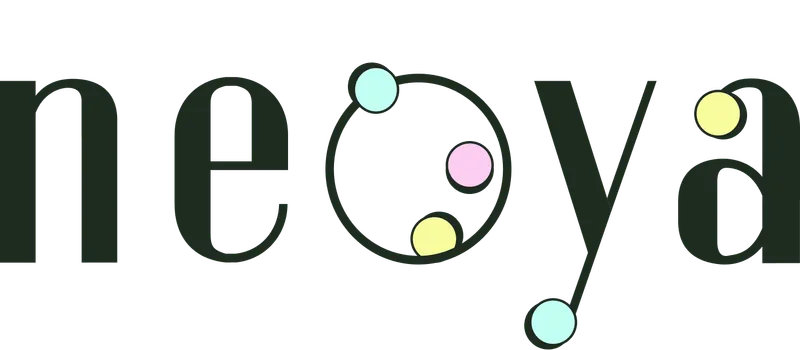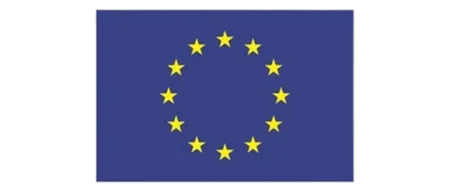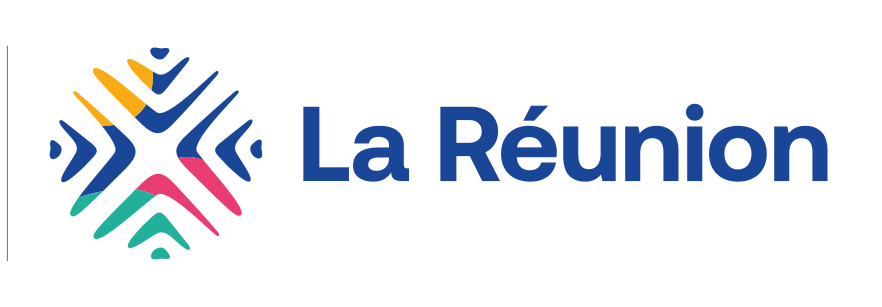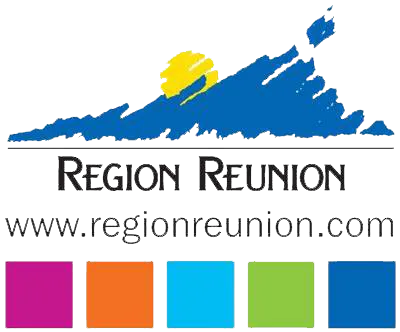The Larousse dictionary defines the term "education" as coming from the Latin "éducatio", meaning to bring out, to develop, to blossom. To educate means to guide the learner towards something. In today's society, the quality of education is mostly measured by two variables:
- The international ranking of a cohort of age groups from one country in relation to another
- GDP expenditure in the education sector
Looking at these two facts alone, France is well positioned.
On the expenditure side, in 2017, France ranked 6th in the Organisation for Economic Co-operation and Development (OECD), with an estimated level of 6.7% of GDP, all school levels combined.
With regard to education and the 2015 PISA survey (Programme for International Student Assessment), the level of French 15-year-olds compared with other OECD countries is not perfect, with the following results: 26th in science, 19th in reading and 26th in mathematics.
But education isn’t just a matter of rankings, figures and public spending.
Educating is, above all, about taking into account your audience of learners, demonstrating pedagogy, transmitting knowledge, interacting with individuals from different social backgrounds, with complex and particular histories and backgrounds.
It means accompanying audiences with specific expectations and a varied, individualized capacity for learning.
We have therefore chosen to address the following issue: how does active pedagogy, as an alternative pedagogy, help young adults anchor their memories?
We will attempt to provide an initial, synthetic response to this problem by looking first at the different forms of pedagogy, then at the concepts of learning and memory anchoring, and finally at how this form of pedagogy contributes to the transmission of knowledge to adults.
Educational theories are used to build conceptual and action frameworks, in order to develop methodologies that promote the transfer of knowledge and skills. Seven major educational theories have been identified:
- Spiritualists
- Personalists
- Psychocognitive
- Technological
- Sociocognitive
- Social
- Academic
These different theories of education are related to the various forms of approach, of which there are four:
- Behaviorists
- Cognitivists
- Humanists
- Social learning
Like educational theories, approaches in this field will also relate, or not, the modalities and techniques of pedagogical intervention to the environment in which the learner evolves and his or her ability to apprehend and integrate the various types of knowledge transmitted.
In the context of this subject, which addresses the differentiation between so-called classical pedagogy (academic theory – where the pedagogical approach focuses on the transmission of knowledge independently of the learners’ environment or experience – and mainly behaviorist theory) and so-called alternative pedagogy (mainly personalist theories, cognitivist and constructivist theories – where the emphasis is on the individual and his or her learning capacities, making the learner the actor in the process of cognition and assimilation of knowledge), the crucial importance of the divide between these different theoretical approaches is embodied in the place accorded to the learner within the learning process.
We can see that educational theories evolve over time and with the contributions of different authors.
From Rousseau to Freire, via Dolto and Korczak, each author has brought a revolutionary dimension to the design and development of teaching methods.
So, despite the differences in approach, the learner (whether child or adult), and the way in which he or she is supported through different teaching methods, remains the main substance of the different concepts presented and argued.
Whether the learner’s knowledge is innate or evolves through experience and environment, he or she will depend on the role of the pedagogue, instructor or educator. Thus, the importance of the construction of tools for the transmission of knowledge is fundamental.
The previous section briefly described the different approaches to education. It has been shown that different currents and theories account for the way in which education and knowledge are transmitted. The important thing is how the learner, whatever his or her age, integrates the concepts and teachings transmitted.
Theories of learning, like those of education, have also evolved in step with authors and the evolution of knowledge. From Piaget, via Dewey, Lewin, Kolb in 1984, Hill, or even more recently Furnhan in 1992, different approaches to learning have been developed and advanced. The way in which individuals memorize, learn and reuse their knowledge has been the subject of various theories and research. Some aspects address learning behaviors through sensory channels (auditory, visual, kinesthetic), while others focus on the way individuals collect information and encode it (memorize it) from a cognitive point of view. Kolb will thus determine four learner profiles:
- The divergent: characterized by a propensity to imagine
- The convergent: the one who will apply
- The accommodator: the one who will act, give priority to the facts
- The assimilator: focusing on concepts and theoretical facts
Although these elements provide important information on learner profiles, the various existing works do not provide complete, unanimous and exhaustive information on how learning takes place at the individual level.
If we look at cognitive psychology, here too, the various studies have focused on how we memorize, but not on how learning takes place for each type of individual. Thus, from a psychological point of view, the memorization of knowledge has also been the subject of research and theories: calculation of memory span, short- and long-term memorization modalities, the arrival of neuroscience.
Melton (1970), for example, shows that learning a concept or an isolated item is facilitated by presentation at regular intervals and in successive ways. But here again, this does not provide complete information on the methods to be used to optimize the transmission of knowledge to different types of learner.
All these factors, however, are contributing to the growing body of knowledge on this subject, and to proposing different teaching methods to encourage the assimilation of knowledge, in a way that is appropriate to the developmental ages, experiences and cognitive development of individuals.
As a result, the role of the pedagogue will be to build tools according to the age of the learners, in order to promote what we call memory anchoring, or in other words, an individual’s ability to retain and reuse the concepts he or she has learned, in the short and more or less long term.
Active teaching is one of the alternative learning methods.
The learner’s place is thus central. Pedagogical sequencing, the construction of tools, evaluation and benevolence are all key elements in the design of teaching activities. The trainer, the pedagogue, moves from a role of knowing (classical pedagogy) to that of facilitator.
The pedagogue is no longer the holder of knowledge, but rather sets to “music” the instruments required for the fluid, non-judgmental transmission of knowledge.
Active pedagogy, whether in the form of games, forum theater, role-playing or role-playing situations, starts from the knowledge to be transmitted, which it breaks down, arranges and coordinates for the benefit of the learner (upstream of training), and adapts as learning progresses.
Ages, life paths and personal views are thus taken into account as the training progresses, and it’s up to the pedagogue to combine differentiated teaching, phasing of knowledge transmission, and setting up moments of hindsight to evaluate the transmission of concepts, in order to adapt each teaching objective to the trainees’ “moments” of learning and understanding.
As Korczak points out in his book “Les moments pédagogiques”, the teacher’s attention must be entirely focused on the learners. Thus, adapting sequences to trainees’ learning rhythms, stepping back from the time it takes to assimilate the concepts transmitted and the difficulties encountered, and understanding them on an individual basis represents the main challenge for a pedagogical leader working according to the theories and precepts of alternative pedagogy, in this case, active pedagogy.
Although the necessary empathy and listening skills, differentiated and adapted to each learner, require an effort and are different from conventional pedagogy, it is beneficial for trainees that the teacher’s objective is to optimize the memorization and use of the knowledge transmitted.
Reversing the paradigm of unilateral transmission of knowledge from the pedagogue, the trainee, the receptacle of knowledge, enables the pedagogue to exploit his or her knowledge and design the appropriate tools so that the trainee takes an interest in the teaching material, questions it, challenges it and assimilates it.
By deconstructing classical pedagogy and the school model, and recasting the roles of each person through listening and attentiveness, the trainee, finding himself in a situation of consideration (both in terms of his own career and expectations), apprehends the knowledge transmission session not as a constraint but as a commitment.
Axone Consultant is committed to pedagogy with a professional team, and is deeply involved in these methods in order to put the learner at the heart of the learning process, and thus promote the transmission of knowledge and skills in a fun and optimal way.
Bibliography
UE Discovery and method university: Science of education, I. (2018). BN31DECC: Licence 1 Psychologie. Université Paris 8.
Introduction to cognitive psychology, C. (2018). EN31COGC Licence 1 Psychology. Université Paris 8.
Bachy S., Lebrun M., Smidts D. (2010). A model-tool to ground evaluation in active pedagogy: impact of a training course on teachers’ professional development. Retrieved from https://journals.openedition.org/ripes/307#entries.
Brière L., Rudolf M. (2011). Cross-country comparison of education costs: from funding sources to expenditures.
Chartier D. (2003). Learning styles: between conceptual vagueness and practical interest.
Retrieved from https://www.cairn.info/revue-savoirs-2003-2-page-7.htm
Drégoir M. Landreau A. (2018). Nearly 155 billion euros spent on education in 2017: 6.7% of GDP. Retrieved from https://www.education.gouv.fr/cid61665/pres-de-150-milliards-d-euros-consacres-a-l-education-en-2016-6-7-du-pib.html
Gremmo M-J. (n.d.). Training learners to learn: lessons from an experiment. Retrieved from http://web.atilf.fr/IMG/pdf/03_gremmo.pdf
Rochex J-Y (2001). Échec scolaire et démocratisation: enjeux, réalités, concepts, problématiques et résultats de recherche. Retrieved from https://www.pedocs.de/volltexte/2011/3769/pdf/SZBW_2001_H2_S339_Rochex_D_A.pdf
Talbot L. (2006). School teachers’ representations of learning difficulties. Retrieved from https://www.cairn.info/revue-empan-2006-3-page-49.htm
Organisation for Economic Co-operation and Development (2016). PISA 2015 Challenges facing the French education system and international best practice. Retrieved from https://www.oecd.org/pisa/PISA-2015-Brochure-France.pdf
